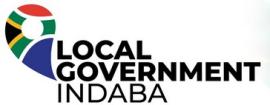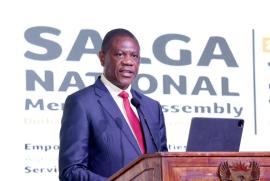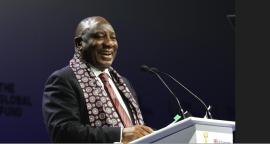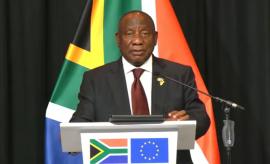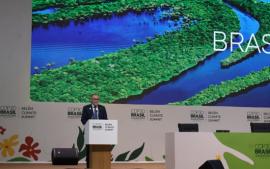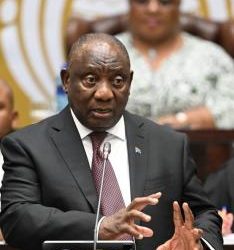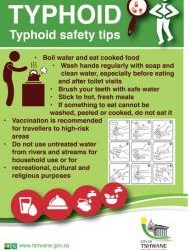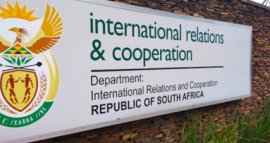The Western Cape MEC for Local Government, Environmental Affairs and Development Planning, Anton Bredell, has called for a renewed focus on ethical leadership as the foundation for turning around the decline in municipalities across South Africa.
Speaking at the Local Government Indaba in Gauteng, the MEC said that without ethical leadership, no number of new laws or revised frameworks will improve service delivery.
“South Africa has enough resources in the system to meet the needs of our people. The real problem is corruption, theft and poor management. Ethical leadership is the only way we can restore dignity, trust and delivery in our municipalities,” said Bredell.
The MEC outlined several key interventions to turn local government around in South Africa.
“We need a new financial model that aligns national, provincial and local responsibilities with sustainable funding. If the national government takes a top slice first, other spheres of government will not receive their rightful allocation.”
He said the country needs stronger consequence management, such as automatic intervention when councils fail to pass funded budgets.
“In this manner, we will spend much less time in court fighting with municipalities and more time supporting them at the early onset of challenges. Also, make it a law that municipalities should spend a minimum of 8% of their budget on infrastructure maintenance of critical infrastructure.”
In addition, he is of the view that the creation of independent auditors employed by the National Treasury within municipalities can act as a shield for professional officials subjected to political interference.
“We are struggling to attract and keep qualified and experienced municipal managers and financial officers. We require reform in legislation to enable and attract suitable and qualified senior managers.
“As government, it is our responsibility to support people to have a dignified life. Research we conducted in the Western Cape shows that the current indigent support provided to vulnerable people is not enough.”
According to the MEC, the legislation provides for 6 kilolitres of water and 50 kWh of electricity per household, but this should be at least 10 kilolitres of water and at least 150 kWh of electricity.
“I believe that an investment in dignity will yield positive results. Electricity in a home means children can safely do homework at night, improving our education outcomes.
“Access to clean water will lessen the burden on our clinics and hospitals. The question should not be if we can afford to increase basic services to indigent households. The question should be, can we afford not to invest in our people?”
During a keynote address at the Local Government Indaba, Minister of Cooperative Governance and Traditional Affairs Velenkosini Hlabisa said that although significant progress has been made since 2000 in improving democratic governance and service delivery, municipalities still face challenges.
These include institutional weaknesses, poor financial management, governance failures, and a decline in public trust.
He stressed that improved accountability, ethical leadership, professionalisation, and inclusive public participation are central to revitalising municipalities and ensuring that “every municipality must work.”
“The culture of no accountability, lack of transparency, political interference, and no consequence management is a major weakness in our communities, especially the underperforming municipalities. This culture must be stopped,” Hlabisa added. – SAnews.gov.za

